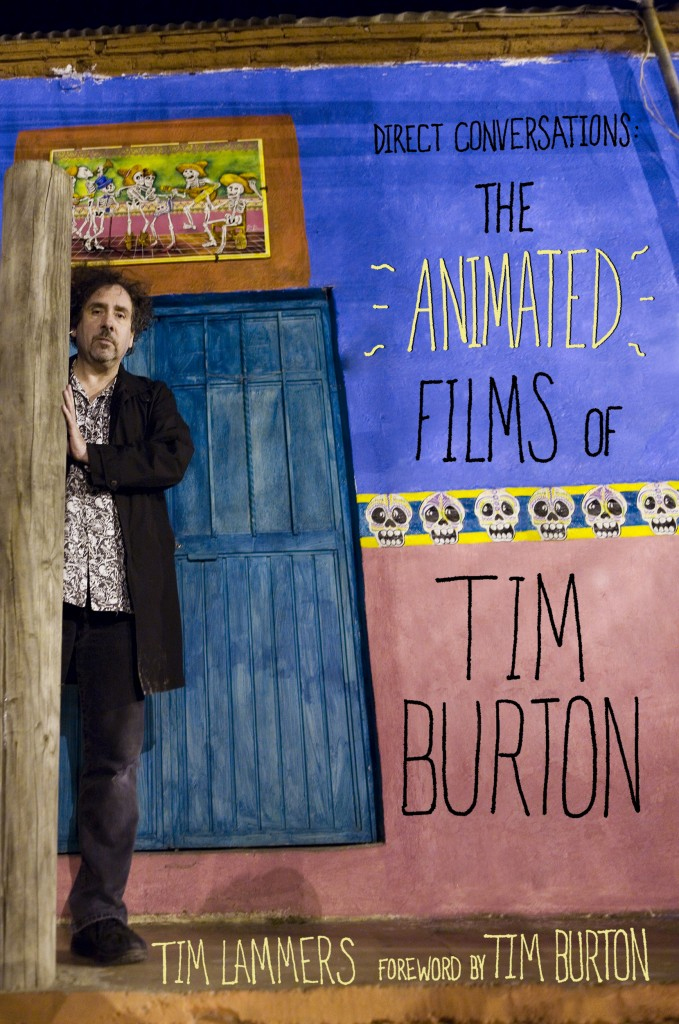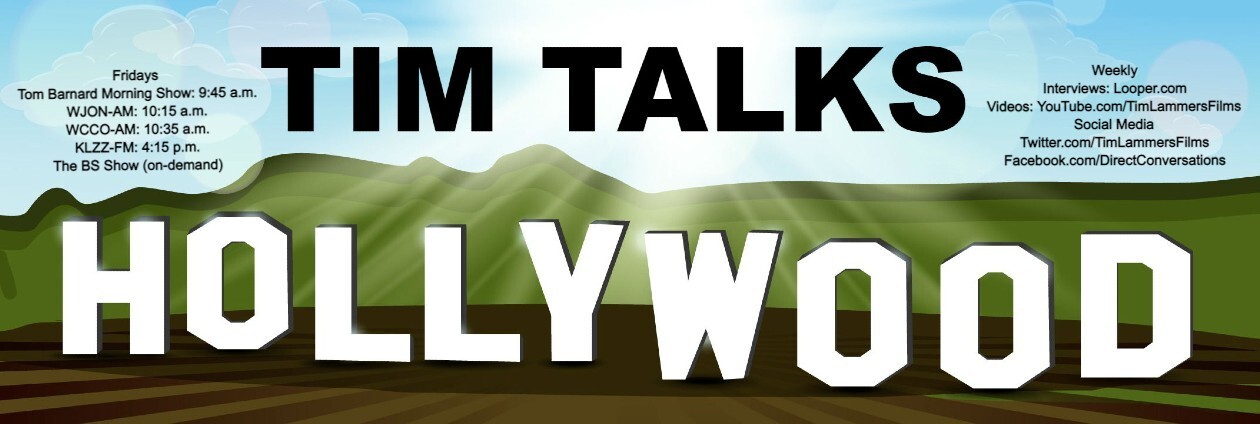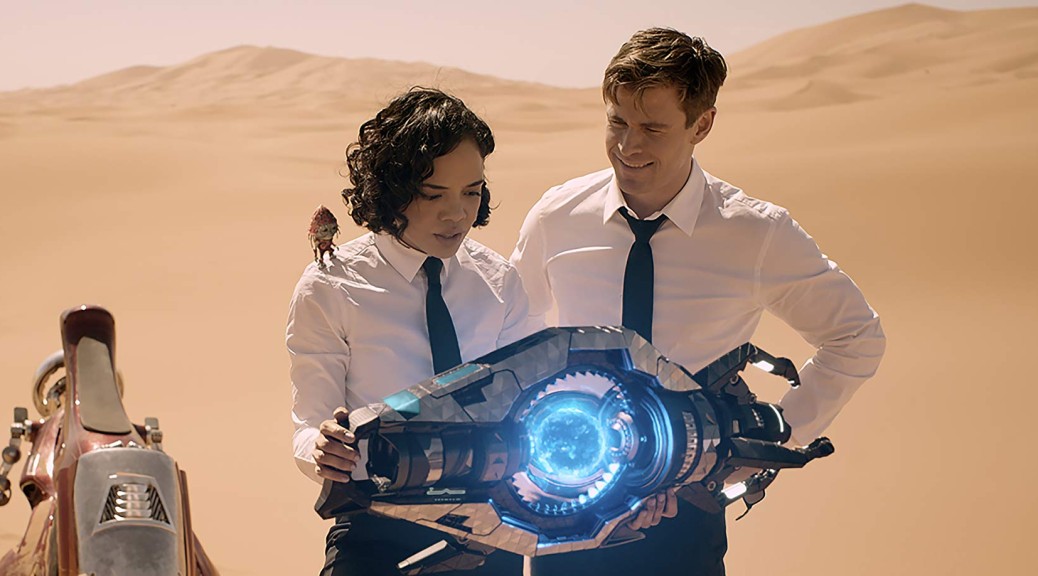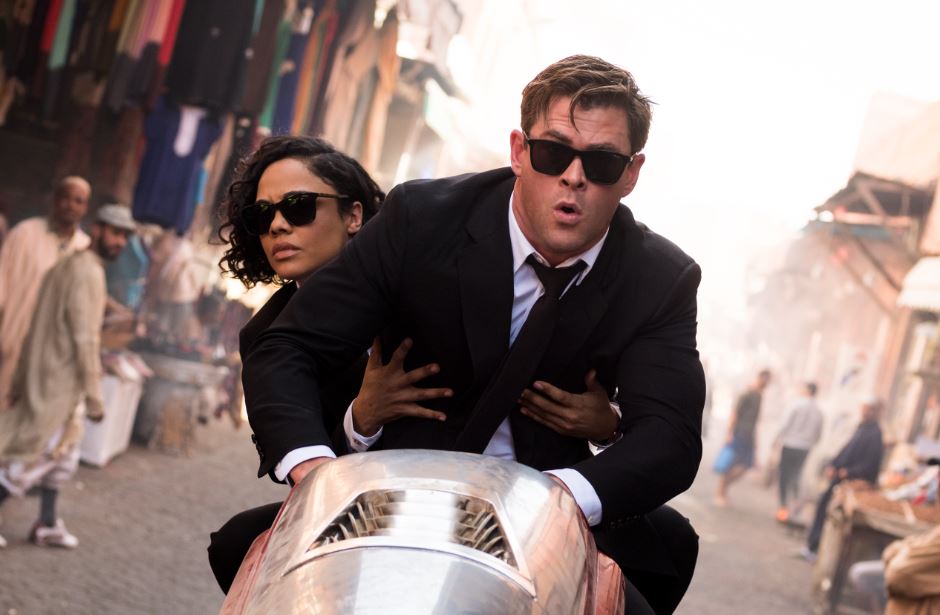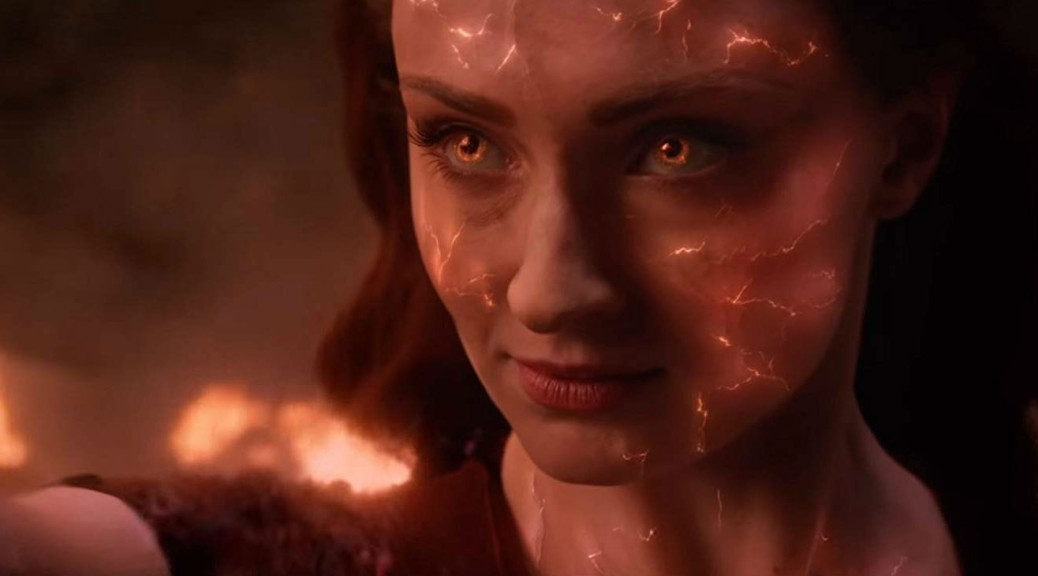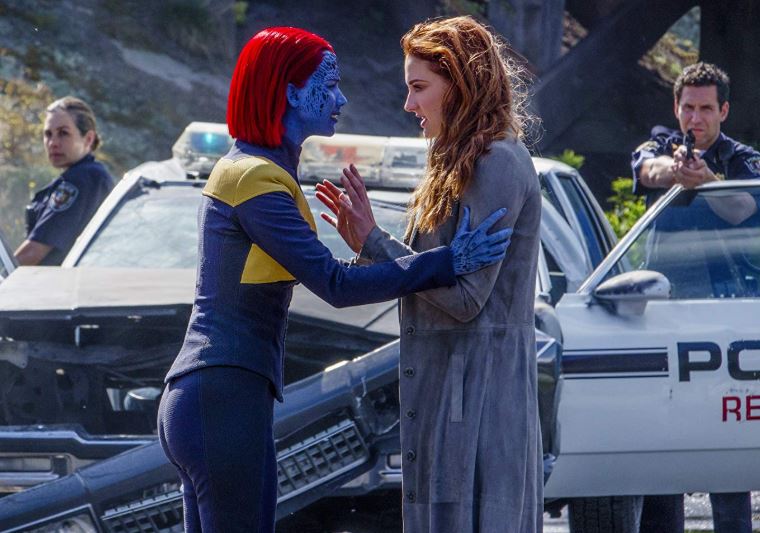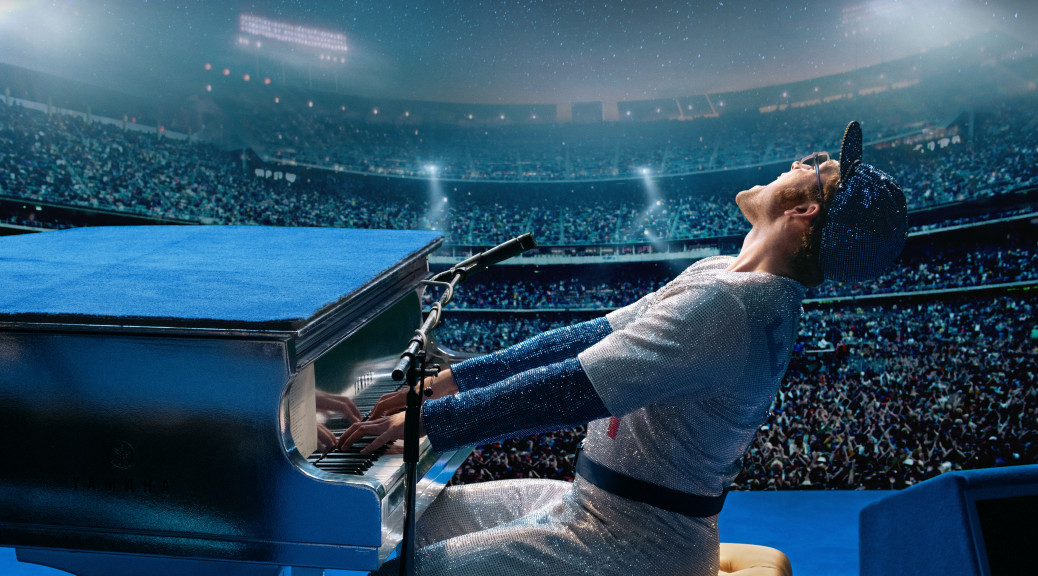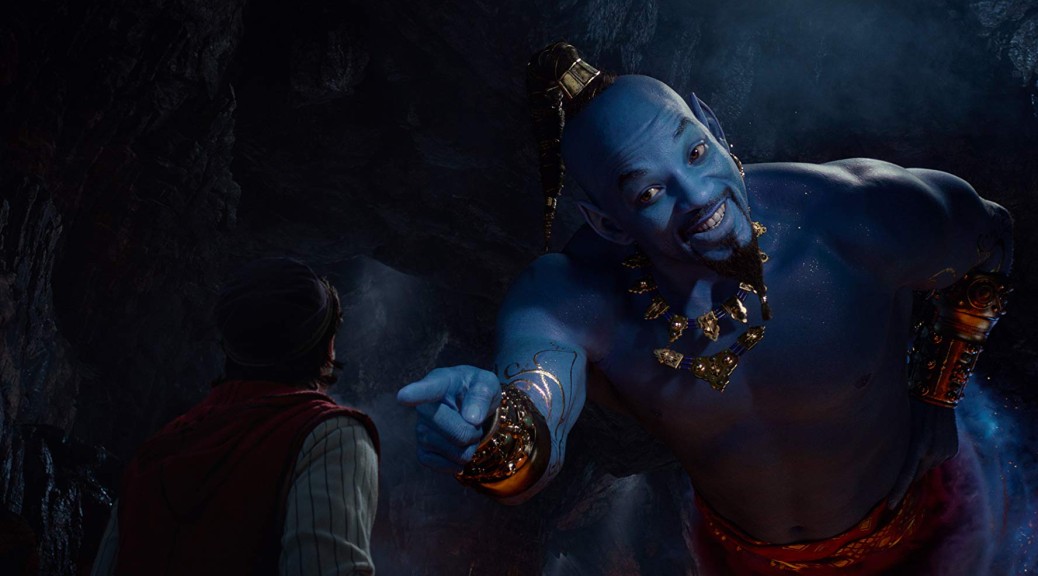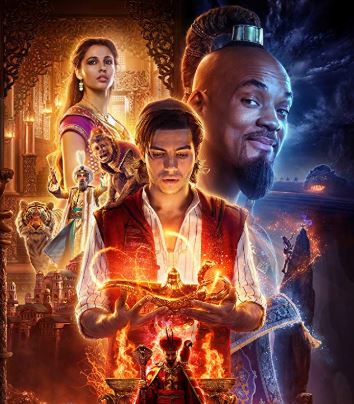“Men in Black: International” (PG-13)
The Men in Black are back with a different alien policing duo in “Men in Black: International,” a big screen reboot of the sci-fi action comedy franchise that aspires to set itself apart from its predecessors but struggles throughout the film trying to break itself out the mold.
The “Men in Black” franchise, of course, helped establish Will Smith’s blockbuster film career, as the actor, fresh off the “Fresh Prince of Bel Air” and hot off the success of “Independence Day,” teamed with Tommy Lee Jones to score $250 million the second-biggest domestic take in 1997 behind James Cameron’s monolithic “Titanic.” And while its first sequel “Men in Black II” earned a respectable $190 million stateside in 2002, it mysteriously took 10 more years for “Men in Black 3” to wrap up the “MIB” trilogy.
AUDIO: Hear Tim’s review of “Men in Black: International” with Tom Barnard on “The KQ Morning Show” on KQRS-FM.
Alas, as Hollywood continues its trend of rebooting popular franchises comes “Men in Black: International,” which retires Smith and Jones’ Agents J & K, respectively, and broadens the playing field from the U.S. to such global destinations as London. Introducing an almost entirely new cast (save Emma Thompson, who debuted in “MIB 3” as Agent O), “Thor: Ragnarok” and “Avengers: Endgame” co-stars Chris Hemsworth and Tessa Thompson step into the lead roles with mixed results.
Hemsworth stars as Agent H, a high-ranking MIB agent who together with his superior, Agent High-T (Liam Neeson), became the first MIB agents to save the Earth from the brink of destruction since Agents J & K (there’s only one visual reference to the roles Smith and Jones established, and it’s only fleeting). Agent H has seemed to have lost his way since the event, so a smart and tough probationary agent, M (Thompson), manages to talk her way into partnering with the decorated agent to prevent a weapon with solar system-obliterating capabilities from falling into the wrong hands. But gnarly aliens aren’t the only problems for H and M; there appears to be a mole in the MIB organization, so no one can be trusted.
Interview flashback: Chris Hemsworth talks ‘Thor’
As they proved in both “Thor: Ragnarok” and “Avengers: Endgame” as Thor and Valkyrie, there’s no question that Hemsworth and Thompson have great chemistry together, which seems to be the only glue that holds “Men in Black: International” together. Essentially, “Men in Black: International” feels like just another “Men in Black” movie without really brining anything new to the franchise. Essentially, it’s another “we gotta save the world” storyline laced with action comedy, except Smith and Jones have a huge leg up on Hemsworth and Thompson (as is Rip Torn as their boss over the new agency heavy played by Neeson) simply because they established the roles.
Thanks to the film’s lack of originality, “Men in Black: International” feels like a missed opportunity. Ultimately, the “MIB” reboot makes you wish director F. Gary Gray would have brought more of a creative spark to the franchise, a la the magic of helmer Taika Waititi (and with Hemsworth and Thompson, oddly enough) in “Thor: Ragnarok.” At least there are a couple bright spots, with Kumail Nanjiani’s Pawny, a pint-sized alien who has pledged to protect Agent M; and “Mission: Impossible” star Rebecca Ferguson, who ably puts up all four of her alien dukes in some entertaining hand-to-hand combat with Thompson.
If there’s anything different about “Men in Black: International,” it’s with the obvious advance in visual effects since “Men in Black 3” in 2012. There’s no question that the visual effects are eons ahead of where they were when the first “Men in Black” came out under the auspices of director Barry Sonnenfeld in 1997, but as many special effects-laden sci-fi films have proven over the past couple of decades, the ever-burgeoning field of computer animation can often lead to too much of a good thing. Even the aliens are CGI creations now, and far-less charming that the practical makeup FX produced by Oscar winner Rick Baker in his creature creation for the original “MIB” trilogy.
Of course, the box office tally will ultimately determine whether this new iteration of “Men in Black” moves forward, and lucky enough for the film, it reportedly has a manageable $110 million production that won’t sink the film if it underperforms in its opening weekend. If there is a next time, perhaps Smith and Jones can rejoin the party with Hemsworth and Thompson and perhaps give the franchise the spectacular send-off it deserves.
Lammometer: 6 (out of 10)
Tim Lammers reviews movies weekly for The KQ92 Morning Show,” “KARE 11 News at 11” (NBC), WCCO Radio, WJON-AM, KLZZ-FM, “The Tom Barnard Podcast” and “The BS Show” with Bob Sansevere.
Copyright 2019 DirectConversations.com
